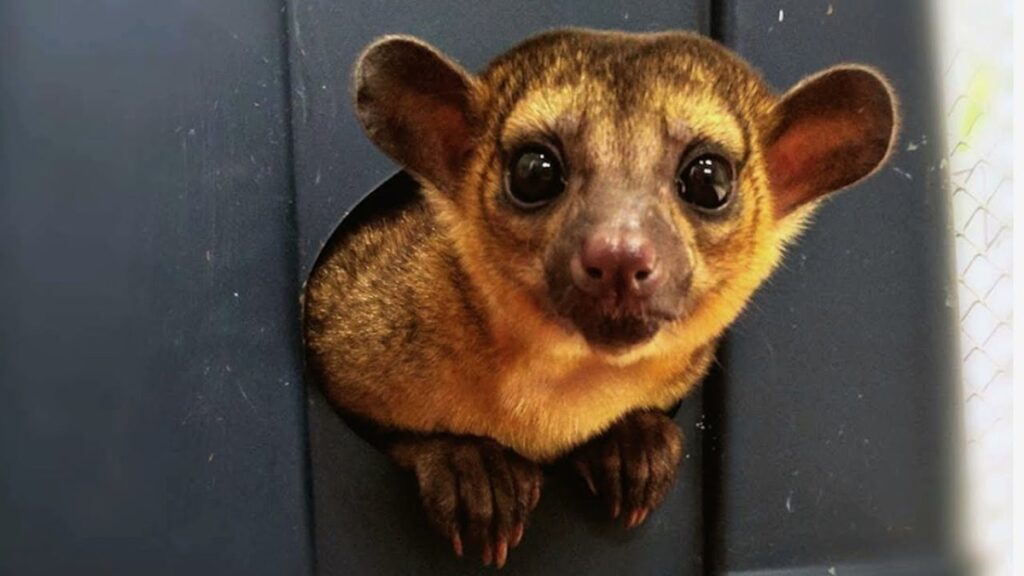Owning an exotic pet is an enriching experience, filled with unique moments and a special bond. However, circumstances can change, making it necessary to consider rehoming. Finding a new home for an exotic pet requires careful planning and responsibility, whether due to financial struggles, time constraints, health issues, or changes in living situations. Unlike traditional pets, exotic animals have unique care needs and may be challenging to place in a suitable environment. Here’s a comprehensive guide to when and how to responsibly rehome an exotic pet.
When Should You Consider Rehoming?
Several situations may prompt the need to rehome an exotic pet. It’s essential to assess whether rehoming is the best option or if adjustments can be made to keep the pet. This assessment puts you in control, allowing you to make the best decision for your pet. Consider rehoming if:

- You Can No Longer Provide Proper Care –
Exotic pets require a unique level of care due to their specific dietary, habitat, and medical needs. If you are unable to meet these requirements, rehoming may be necessary for the pet’s well-being.
- Health or Allergies –
If a family member develops allergies or health complications related to the pet, keeping them may no longer be safe.
- Changes in Living Situation—
If you’re moving to a place where exotic pets are prohibited or downsizing to a space that cannot accommodate your pet’s needs, rehoming might be the best option.
- Financial Constraints –
Exotic animals can be expensive for specialized veterinary care, food, and habitat maintenance. If financial difficulties arise, rehoming to a qualified owner may be in the pet’s best interest.
- Behavioral Issues –
Some exotic pets may develop behavioral challenges that are difficult to manage. If professional intervention is unsuccessful, rehoming may be necessary for the pet and owner’s well-being.
- Lack of Time or Interest –
If you cannot dedicate the time required to care for the pet properly, it is a responsible decision to ensure that it goes to a committed owner.
How to Rehome an Exotic Pet Responsibly
Rehoming an exotic pet should be done ethically to ensure the animal’s safety and welfare.
Here are the steps to follow:
1. Research Legal Requirements
Before rehoming your pet, check local, state, and federal laws regarding exotic animal ownership and transfer. Some species require permits or have restrictions on rehoming.
2. Find a Qualified New Owner
Not everyone is equipped to care for an exotic pet. It’s crucial to find a new owner who has the necessary experience or is willing to learn about the species, can provide an appropriate habitat and diet, has access to an exotic veterinarian, and understands the commitment to caring for the pet.
Ensure the new owner:
- Has experience or is willing to learn about the species.
- Can provide an appropriate habitat and diet.
- Has access to an exotic veterinarian.
- Understand the commitment involved in caring for the pet.
3. Contact Reputable Rescue Organizations
Many reputable exotic pet rescues specialize in responsibly rehoming animals. They assess potential adopters and ensure animals are placed in suitable homes.

Look for:
- Exotic animal sanctuaries
- Accredited rescue groups
- Licensed rehabilitation centers
4. Network Within Exotic Pet Communities
Engaging with exotic pet forums, social media groups, and local exotic pet clubs can help connect you with knowledgeable individuals looking to adopt.
5. Avoid Selling to Pet Stores or Unverified Buyers
It’s important to avoid selling to pet stores or unverified buyers. Pet stores often prioritize profit over animal well-being, and unverified buyers may not have the necessary knowledge or experience. Instead, focus on individuals or organizations demonstrating a genuine interest in and understanding of the pet’s needs.
6. Prepare the Pet for Transition
To ease the transition, provide the new owner with:
- A detailed care sheet.
- The pet’s current habitat and accessories (if possible).
- Veterinary records and any medical history.
- A list of preferred foods and dietary needs.
7. Arrange a Trial Period
Consider arranging a trial period during which the new owner can spend time with the pet before finalizing the rehoming process. This ensures that the new home is a good fit for both the pet and the owner.
8. Follow Up After Rehoming
Stay in touch with the new owner to check the pet’s well-being. Responsible rehoming doesn’t end once the pet leaves your care—it involves ensuring it thrives in its new home.
Alternatives to Rehoming
Before making a final decision, consider alternative solutions that might allow you to keep your pet:
- Hiring a pet sitter or enlisting help from family and friends.
- Adjust your schedule or make modifications to the pet’s care routine.
- Seeking professional training or veterinary advice for behavioral or medical concerns.
Conclusion
Rehoming an exotic pet is a challenging but sometimes necessary decision. By taking responsible steps—researching legal requirements, thoroughly vetting potential adopters, and ensuring a smooth transition—you can ensure your pet’s well-being in their new home. Remember, exotic pets require specialized care, and finding a knowledgeable, responsible new owner is the best way to secure their future happiness. Always prioritize the pet’s welfare over convenience and make rehoming a last resort rather than a first choice.





Pingback: Things You Need To Know About Exotic Pet Ownership Laws: A Global Perspective - Positvley Pets